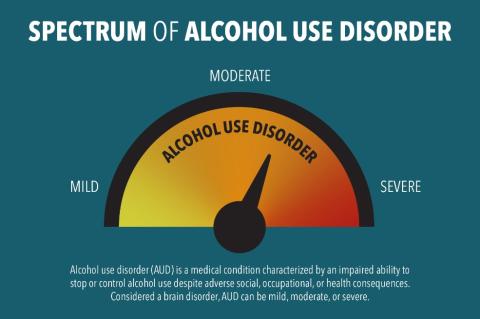Alcohol use disorder can severely damage personal relationships. The unpredictable behavior, emotional instability, and neglect associated with heavy drinking often lead to broken trust, hurt feelings, and emotional distance. Family members, friends, and romantic partners may struggle with feelings of betrayal, resentment, and confusion, making it challenging to restore these relationships post-recovery.
The good news is that with dedication and the right approach, it is possible to rebuild these connections and establish new, healthier relationships during alcohol use disorder treatment. Alcohol use disorder treatment can lay the foundation for these efforts by addressing the underlying issues and providing tools for better emotional regulation and communication.
Open and Honest Communication
One of the first steps in rebuilding relationships is establishing open and honest communication. Transparency about your journey and the challenges you face can foster understanding and empathy from others. It’s important to communicate your commitment to sobriety and the changes you are making to improve your life and relationships.
- Take responsibility for the actions and behaviors that hurt your relationships. Apologizing sincerely and acknowledging the impact of your actions shows maturity and a willingness to make amends.
- Explain your recovery process and what you’ve learned. Sharing your experiences can help others understand your struggles and appreciate your efforts towards change.
Rebuild Trust Gradually
Trust is a cornerstone of any healthy relationship, and rebuilding it takes time and consistent effort. Demonstrating reliability, honesty, and integrity in your actions can help restore trust over time.
- Consistently follow through on your commitments and promises. Reliability builds trust and reassures others of your dependability.
- Understand that regaining trust is a gradual process. Allow others the time they need to see and believe in the changes you’ve made.
Engage in Shared Activities
Participating in activities together can strengthen bonds and create positive experiences that reinforce your relationships. Choose activities that promote well-being and support your recovery.
- Discover and engage in activities that you and your loved ones enjoy. Shared hobbies and interests provide opportunities for connection and fun.
- Establish new, healthy traditions that can become a meaningful part of your relationship. These can replace past activities that were associated with drinking.
Prioritize Self-Care
Taking care of your physical, mental, and emotional health is crucial for maintaining sobriety and building healthy relationships. Self-care practices help you stay balanced and resilient, enabling you to be present and supportive in your relationships.
- Maintain a balanced diet, regular exercise, and sufficient sleep to support your overall well-being.
- Engage in mindfulness practices, meditation, or other stress-reducing activities to manage your emotions and stay grounded.
Be Kind and Compassionate
Practicing kindness and compassion towards yourself and others can foster positive interactions and deepen emotional connections. Recognize that recovery and relationship-building are ongoing processes that require patience and empathy.
- Be gentle with yourself and acknowledge your progress, even if it’s slow. Celebrate your achievements and learn from setbacks without self-judgment.
- Extend understanding and kindness to your loved ones. Recognize their efforts to support you and appreciate their presence in your life.
Building healthy relationships after recovering from alcohol use disorder is a journey that requires effort, patience, and a commitment to positive change. By embracing open communication, setting boundaries, rebuilding trust, engaging in shared activities, seeking support, prioritizing self-care, addressing underlying issues, and practicing kindness, you can foster strong, supportive relationships that enhance your recovery and enrich your life.
Remember that the journey to rebuild relationships is just as important as the journey to sobriety. With dedication and the right strategies, you can create a network of healthy, fulfilling relationships that support your long-term recovery and personal growth.





